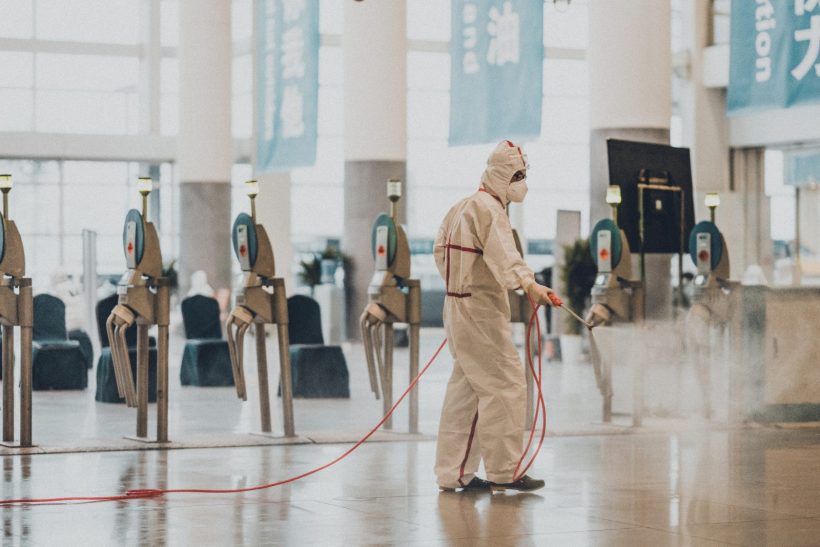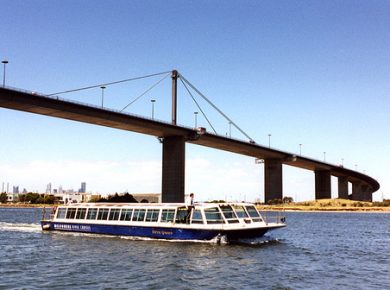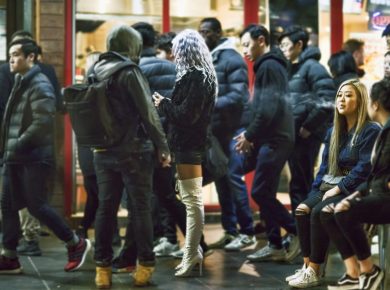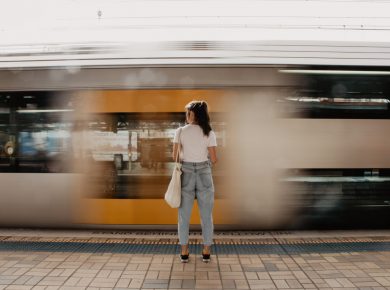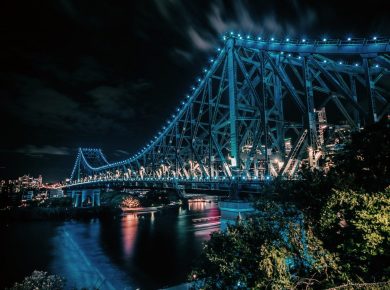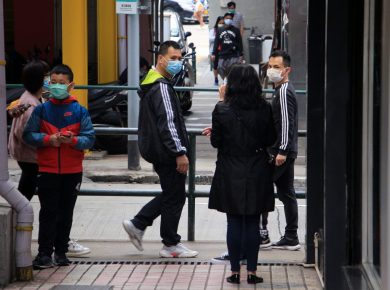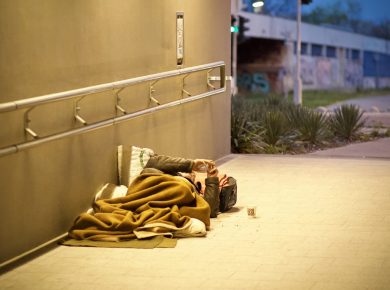We know that C19 is impacting us massively, but will it teach us some lessons about the way our cities operate and allow us to reduce the impact of any future catastrophes?
Most importantly, many people will be very ill, have permanent lung damage and sadly some will die. But it is the peripheral issues that will have the greatest effect on us in the long term, economically: on jobs, unemployment and homelessness.
We know many retirees will lose substantially…up to 25% of their investments, so far. It is too early to say where the unemployment rate will end up.
There will be a long-term upheaval in businesses and jobs. Many will cease to exist by the time the pandemic is over. While some activities will grow, particularly anything online, some businesses that are not very profitable now will probably disappear altogether: e.g. local newspapers, many restaurants and cafes, some in-store retailing and many tourism operations. And what about airlines?
But is there something in the nature of our cities that has exacerbated our problems?
Latest research by the Brookings Institute show that in the USA dense, and often economically powerful cities are the ones most hit by the virus. In Australia and the UK, the story is probably much the same.
For decades we have been making our cities denser, particularly to reduce travel distance. But some would argue that this has left us more vulnerable than we need be.
Will there be a shift in our preferences for housing? Will residents see the tight confines of an inner-city apartment more of a risk than a conventional house in the suburbs, where they have the flexibility of a private backyard? We may, in future, require more public and private open space in new developments.
Will we change the way we get around, particularly on public transport? An English study found a significant association between respiratory symptoms and public transport use. That makes sense with up to 1000 people crowding onto some Australian trains. Presumably private cars are a safer option to avoid infection, but our inner-city roads do not have the capacity to cope with more cars once things revert to the new normal. Will there be a greater focus and demand for localised employment in the suburbs, enabling people to walk and ride to work from home?
Australian cities, and Melbourne in particular, are heavily centralised. The inner professional and retail job-rich areas are the only ones serviced well by public transport, but they are also heavily dependent on these services. To avoid some of the drawbacks of dense inner-city life: inflexibility, crowded public transport and public spaces, some businesses and employers may choose more flexible suburban locations.
Moving towards a city which doesn’t have all its eggs in one basket and has a better spread of businesses and employment will reduce the impact of an overly centralised metropolis. Developing major business clusters such as Paramatta and Monash, will allow more to live closer to where they work. They can have more transport flexibility: driving, public transport and increasingly, walking or cycling.
In a similar vein, in the last couple of weeks we have seen the rapid acceleration of working from home, utilising increasingly sophisticated and accessible communication technology. Many think this significant shift to Zoom rather than roads and trains will not revert once the outbreak is over.
We will have a different society when this is through. But it can be a better one. We might make some changes in the way we live, perhaps preparing our own food, better hygiene and exercise habits, less reliance on environmentally disastrous overseas travel and more sustainable ways to get to work.
The current crisis may be the catalyst that delivers a more sustainable city. One where employment and amenity is more decentralised and closer to where the majority of us live. A more localised city will be less reliant on long expensive, unsustainable commutes, and more able to cope with emergencies as they arise. This outcome not only promotes resilience in a time of crisis such as COVID-19 but also a diminished carbon footprint to tackle the other emergency of our time: climate change.
But we humans, and our political leaders, have very short attention spans. If our media is anything to go by, we have already forgotten the all-consuming issues of late last year: bushfires, climate change, and Brexit, and rightly enough are totally focussed on COVID-19. But when the pandemic passes will its ramifications soon be forgotten, or will we learn lessons from it and make more sustainable and resilient cities?
